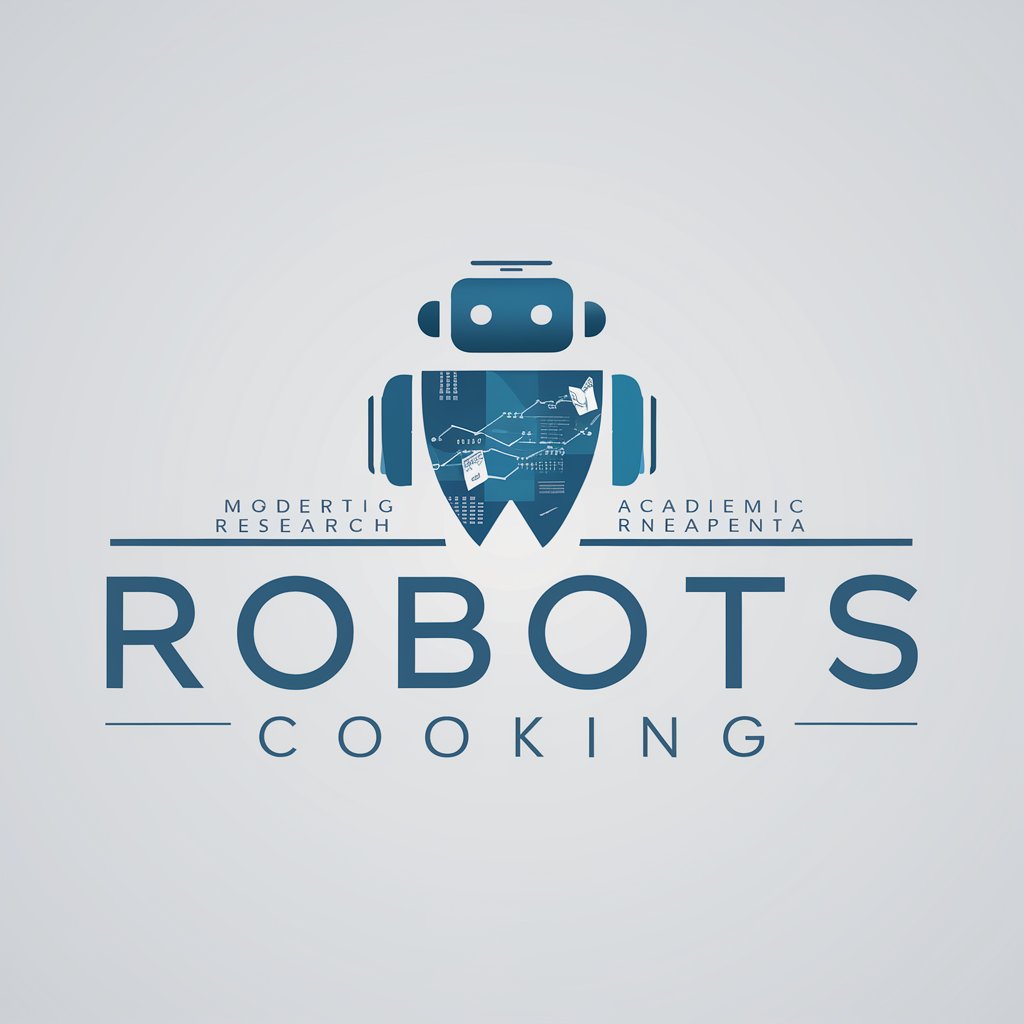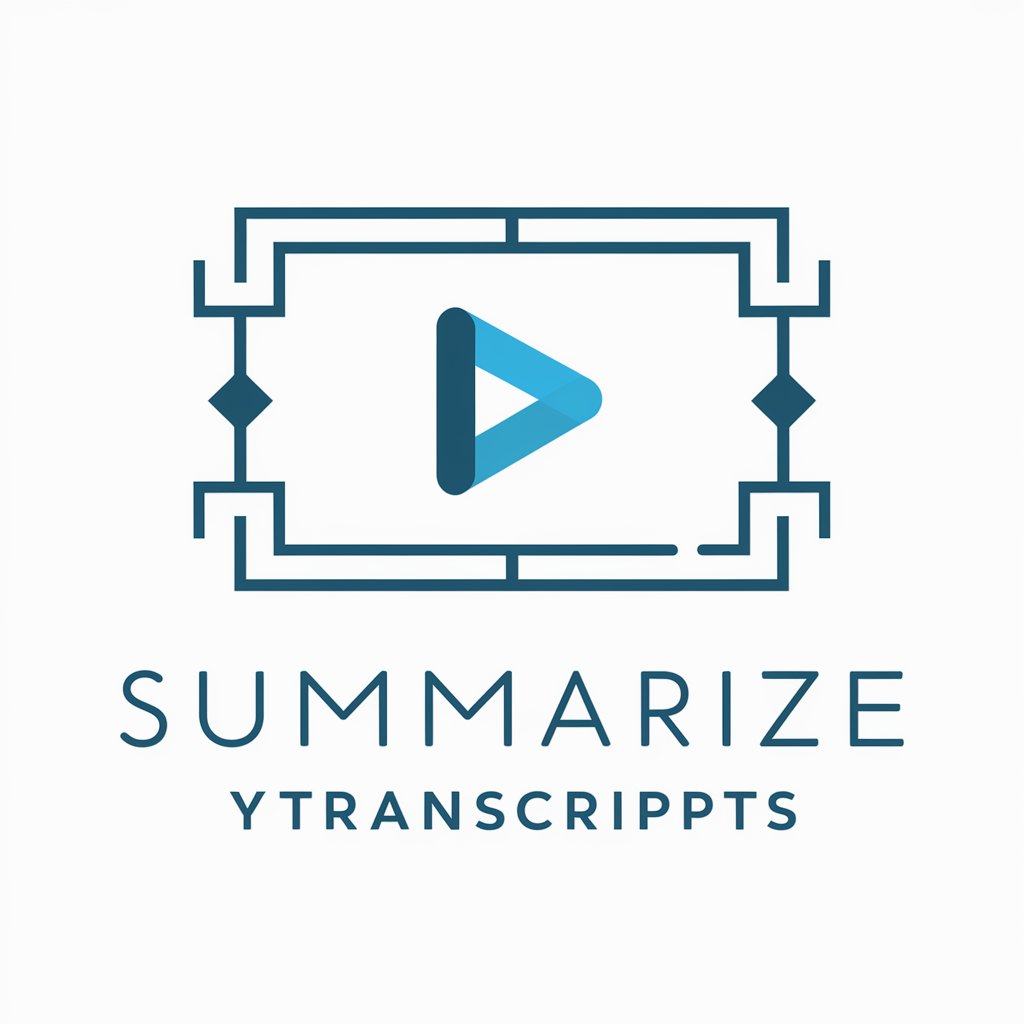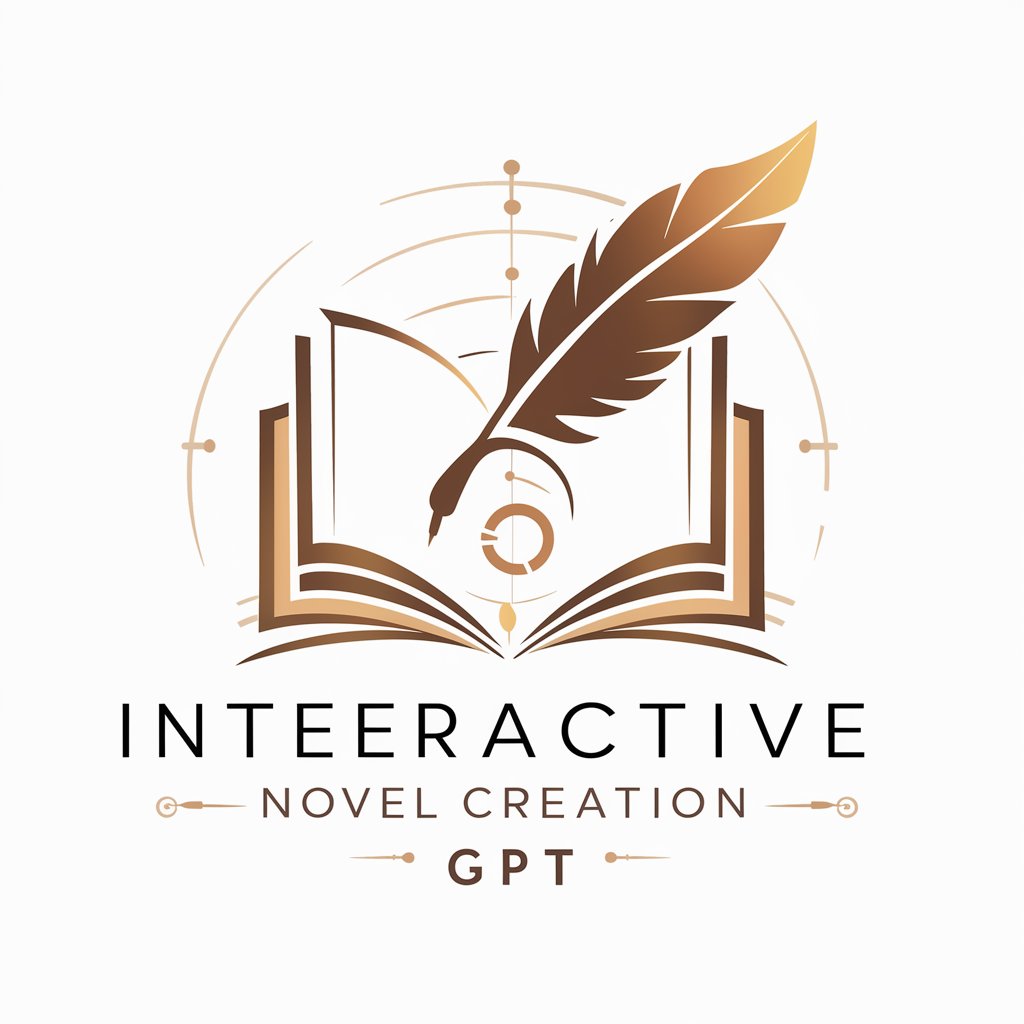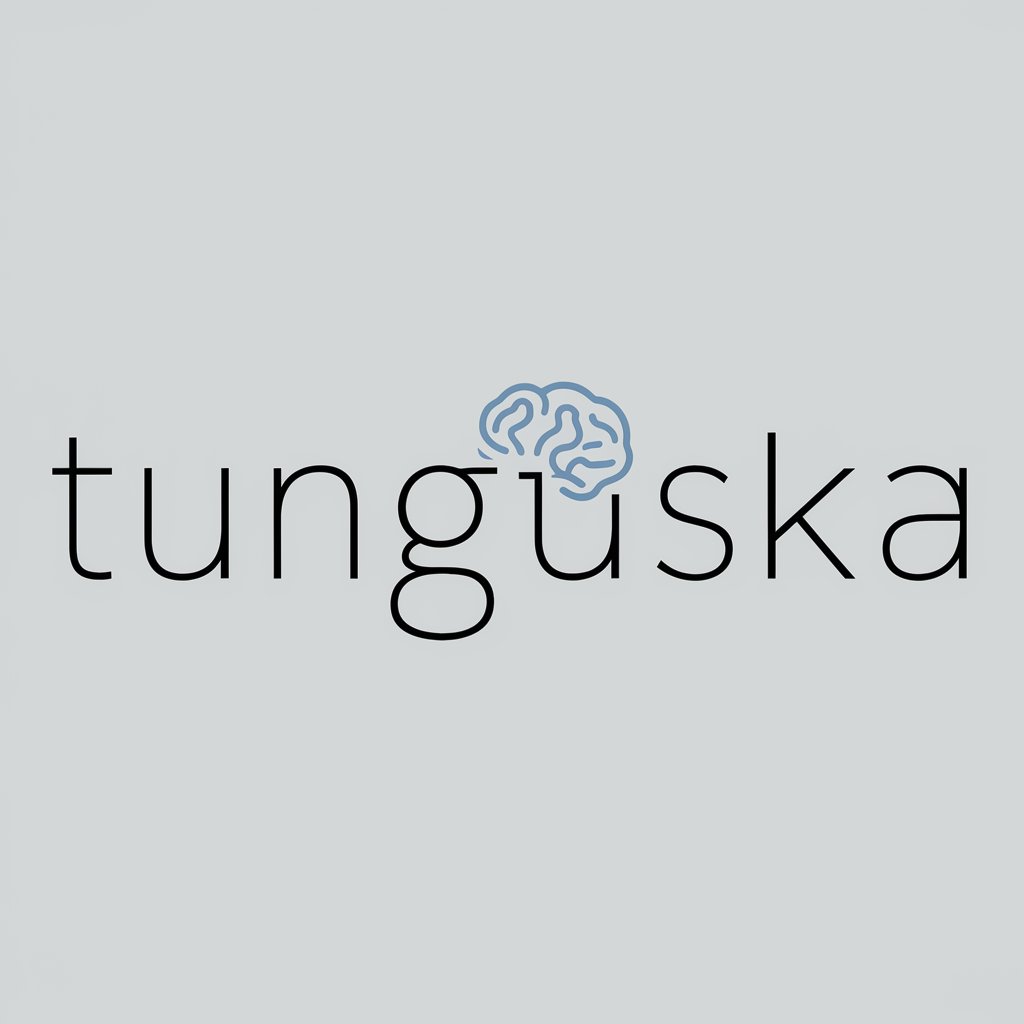Robots Cooking's Academic Metadata Extractor - AI-powered Metadata Extraction

Welcome to Robots Cooking's Academic Metadata Extractor!
Streamline Your Academic Research with AI
Generate a detailed text prompt for an AI-based research tool logo.
Create a professional logo for an academic metadata extraction tool.
Design a modern and clean logo for an AI-driven research assistant.
Suggest a logo concept for a tool focused on academic metadata extraction.
Get Embed Code
Introduction to Robots Cooking's Academic Metadata Extractor
Robots Cooking's Academic Metadata Extractor is designed to streamline the process of extracting and organizing key metadata from academic papers, specifically formatted in the Journal Article Tag Suite (JATS) XML format. It focuses on retaining essential information such as abstracts, authors, affiliations, keywords, conclusions, acknowledgments, and references, while omitting the introduction, methods, results, and discussion sections to provide a concise yet comprehensive overview of scholarly articles. This tool is particularly useful in scenarios where researchers, librarians, or academic publishers need to quickly gather metadata for indexing, summarization, or database inclusion purposes. For example, it can extract an abstract for a literature review or compile author affiliations and keywords for a research database. Powered by ChatGPT-4o。

Main Functions of Robots Cooking's Academic Metadata Extractor
Metadata Extraction
Example
Extracting an article's abstract, authors, affiliations, keywords, conclusion, acknowledgments, and references from a JATS-formatted document.
Scenario
A librarian uses the tool to compile metadata for a digital library's catalog, enhancing searchability and organization of academic resources.
Custom JATS Configuration
Example
Generating a custom JATS extraction that excludes standard manuscript sections like introduction and methods.
Scenario
An academic publisher requires a streamlined version of articles for a special database that focuses only on the research outcomes and acknowledgments.
Comprehensive Citation Extraction
Example
Providing complete citation details from the references section of academic papers.
Scenario
Researchers conducting a systematic review use the tool to efficiently gather all citations from multiple articles for analysis and comparison.
Ideal Users of Robots Cooking's Academic Metadata Extractor
Academic Researchers
Researchers benefit from streamlined access to essential article metadata for literature reviews, citation analysis, or identifying collaboration opportunities through author affiliations.
Librarians and Information Specialists
These professionals use the tool to enhance the metadata quality in digital libraries and research databases, facilitating improved searchability and resource management.
Academic Publishers
Publishers utilize the extractor to efficiently process and organize article metadata for publication databases, ensuring accurate indexing and aiding in the editorial process.

How to Use Robots Cooking's Academic Metadata Extractor
Begin with YesChat.ai
Start by visiting yeschat.ai to access a free trial of Robots Cooking's Academic Metadata Extractor without the need for login or a ChatGPT Plus subscription.
Select Your Document
Upload the academic article or manuscript you wish to extract metadata from. Ensure the document is in a compatible format, such as PDF or Word.
Choose Sections to Extract
Specify which sections of the document you want the extractor to focus on, such as abstract, keywords, conclusion, acknowledgments, and references.
Customize Extraction Preferences
Tailor the extraction process by excluding standard manuscript sections like introduction, methods, results, and discussion, based on your requirements.
Review and Export
Once extraction is complete, review the extracted metadata for accuracy and export it in your preferred format, such as JSON or XML for JATS compliance.
Try other advanced and practical GPTs
写真でひとこと君
Bringing Photos to Life with AI Humor

Summarize YTranscripts
AI-powered YouTube video summarization at your fingertips.

Interactive Novel Creation
Craft Your Story with AI

Tunguska meaning?
Elevate Your Insights with AI Power

E-ASY Prompts & Gen
Empowering creativity with AI-powered prompts

Debate Coach
Empower Your Debate Skills with AI

Bid Master Pro
Empowering Your Bids with AI

Ai Affordable Car Insurance Oklahoma.
Empowering your insurance choices with AI

GRC Security Consultant
AI-Powered GRC Solutions

Dungeon Master Ultimate Assistant
Elevate Your D&D Campaigns with AI

Personal Fairytales
Magical tales tailored for young minds.

MythTechDecoder/MTD
Unveiling the past with AI insight.

Frequently Asked Questions about Robots Cooking's Academic Metadata Extractor
What is Robots Cooking's Academic Metadata Extractor?
It's an AI-powered tool designed to extract and organize key metadata from academic articles, focusing on sections like abstract, keywords, and references, while omitting the main body text.
Can I customize the data extracted from my documents?
Yes, the tool allows users to specify which sections to extract or omit, offering flexibility to meet specific research or publication needs.
What formats can I export the extracted data into?
The extracted metadata can be exported in various formats, including JSON and XML, ensuring compatibility with JATS (Journal Article Tag Suite) standards.
Is the extractor suitable for all types of academic documents?
While it's optimized for academic articles and manuscripts, its performance may vary across documents depending on the structure and formatting of the original files.
How does the tool handle inaccuracies in extraction?
Users are encouraged to review the extracted data for accuracy and can manually adjust or correct any discrepancies before exporting the final metadata.
